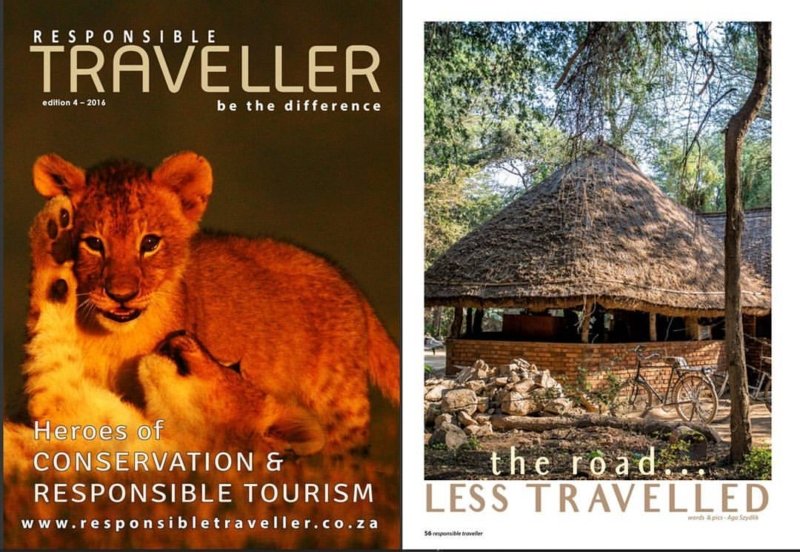Tanzania | Adventures off the beaten path
Eco Safari, Wildlife and Tea with Maasai | Adventures in the bush
Having a just finished an NGO project in Tanzania, I have decided to embark on the off beaten path and go on an Eco Safari. My very first African Safari…… After a quick stop, together with my friend Jo we hopped on the local bus heading toward our next adventure: Eco Safari and bush camping in the Ruaha National Park.
“Ruaha ?…., where is Ruaha and do they have elephants?” I asked Jo, squeezing myself into a non-existing space in a bus, my thoughts still lingering on lush vistas of Serengeti. Eight hours of bumpy road later, we disembarked at Tungamalenga village with the final destination at Chogela Camp.
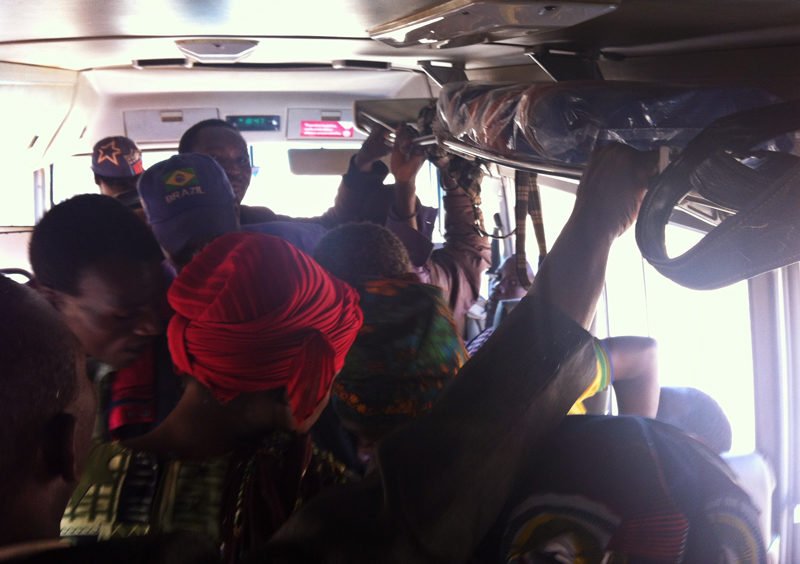
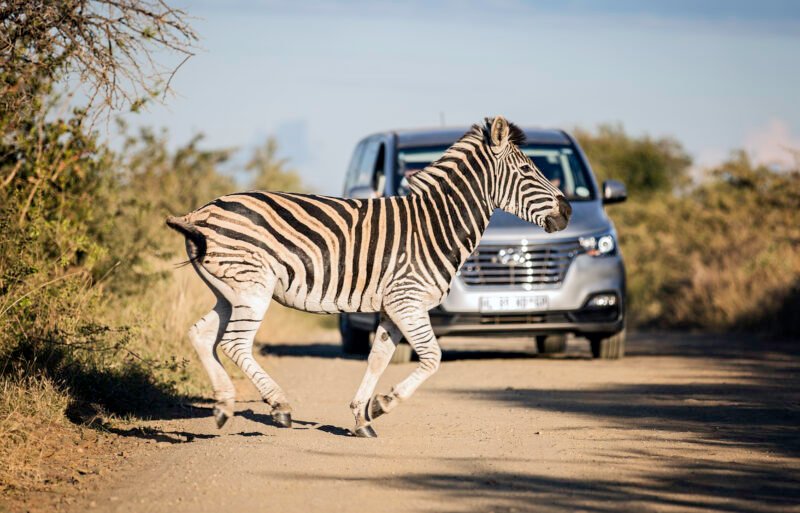
Camp Chogela
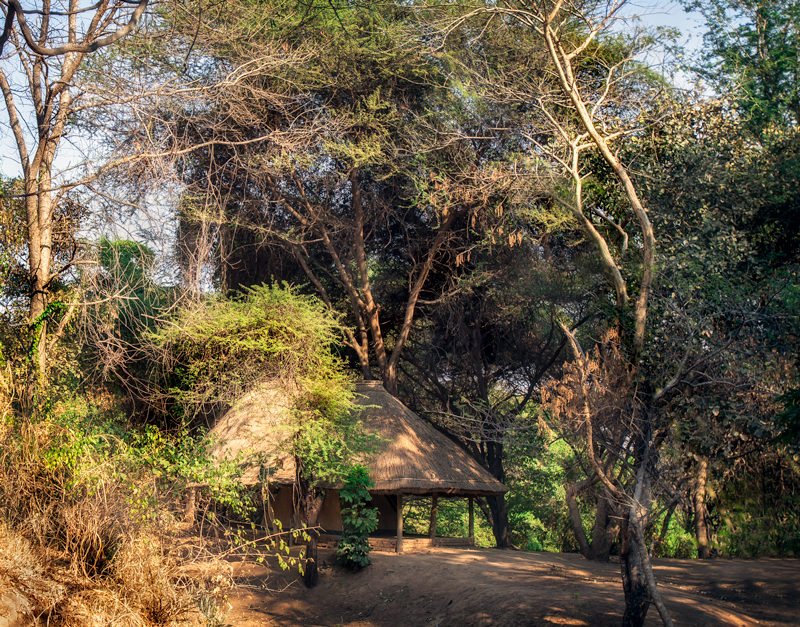
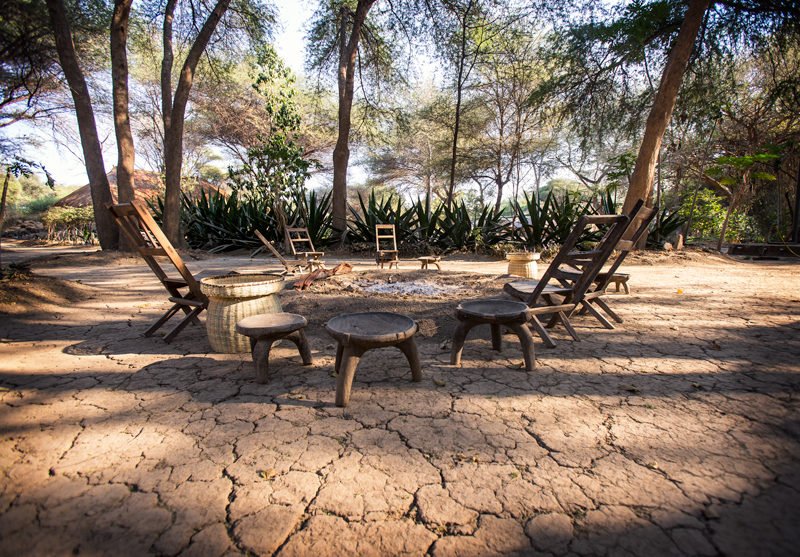
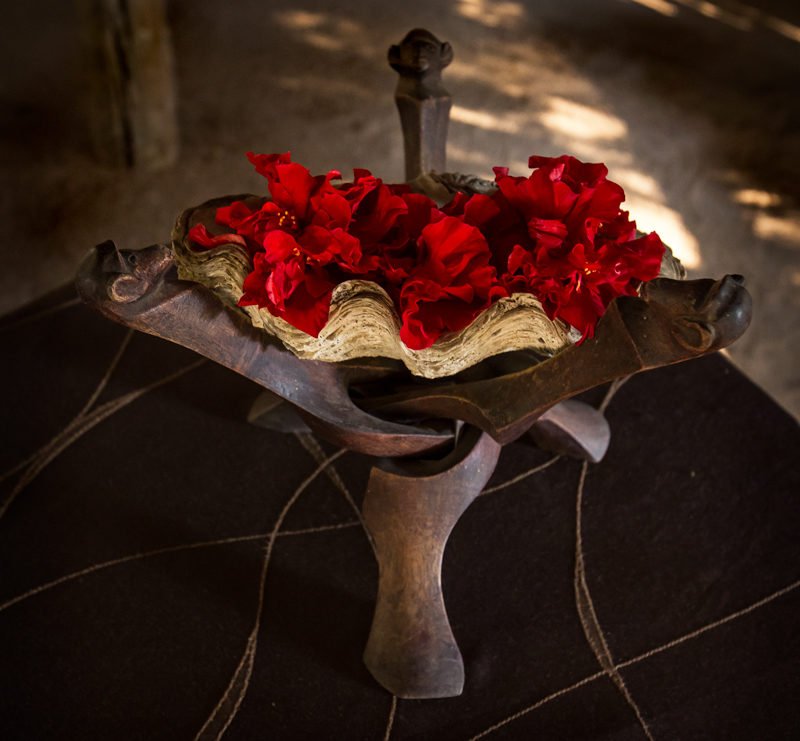
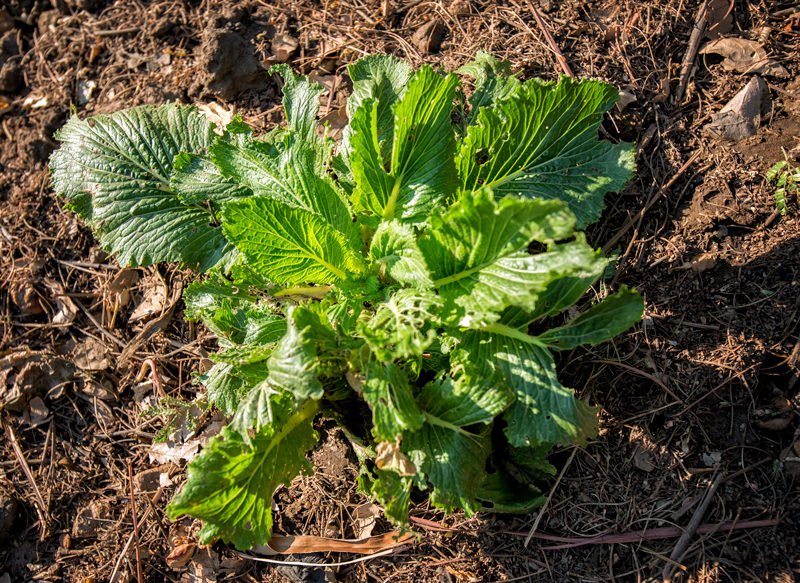
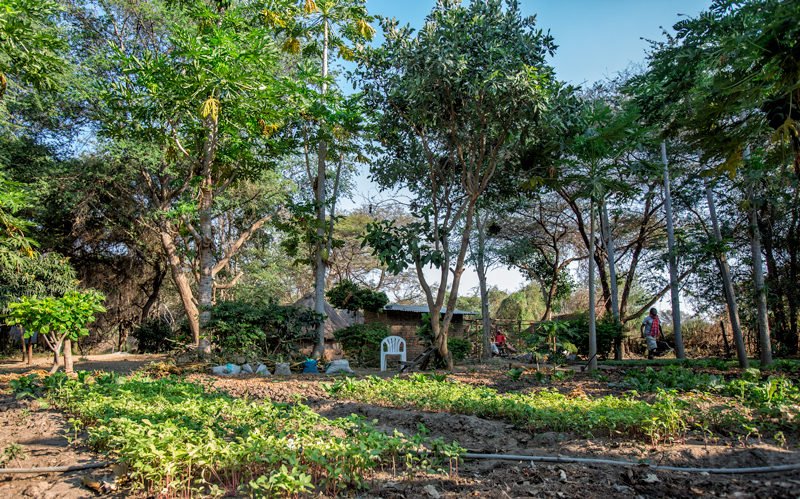
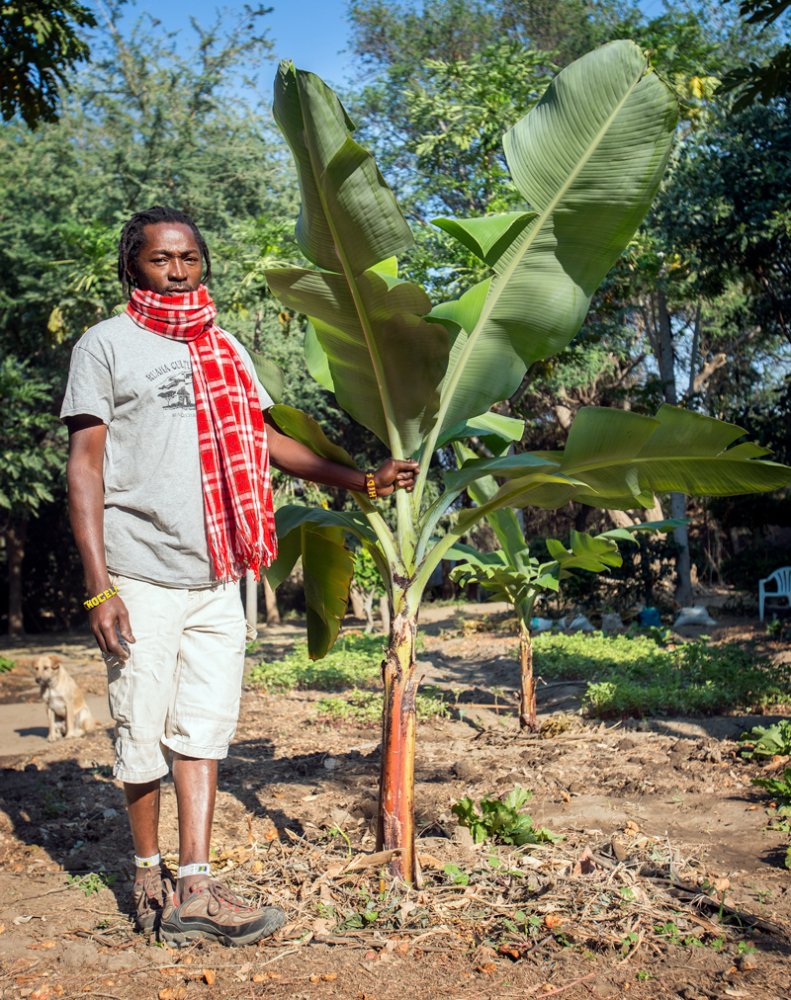
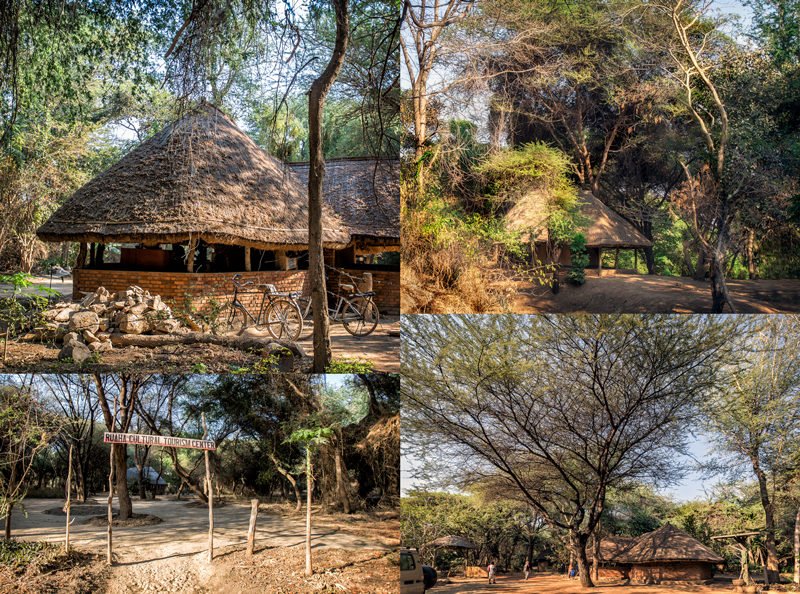
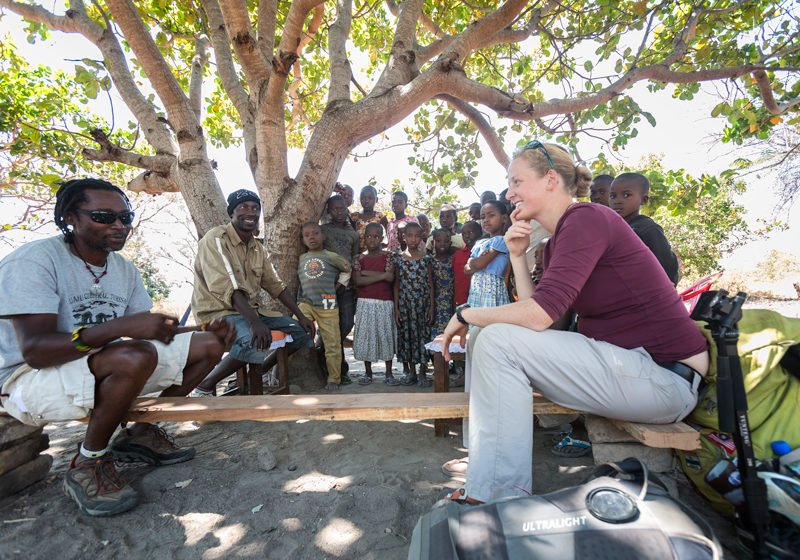
Chogela Camp is located on the outskirts of Tungamalenga village, and a few kilometres from Ruaha NP. The spacious camp is peacefully nestled among the thick canopies of trees, most of them planted by Swalehe, camp’s owner and operator. Reforestation, renewable energy source, recycling and permaculture ensures the lightest ecological footprint as possible. The campsite was built with minimum disturbance to the vegetation, materials used for construction seamlessly blend into the natural vegetation that surrounds it. Accommodations include comfortable permanent cabin-style tents or sheltered areas where you can pitch your own tent.
Chogela Camp is a beautiful result of a village generosity and one man’s vision of building the eco-friendly camp, generating real and visible socio-economic benefits to local communities. Mr Kayera, the camp founder, dreamed of building a place, which attracts environmentally and culturally conscious travellers from all corners of the world, with positive on people and places they visit. Not having financial resources to realize his vision, Kayera reached out to the village authorities for help, his wish was heard and 18 hectares of land were granted for camp’s development.
Mr Kayera has built the campsite with his own hands, planting trees and establishing permaculture while minimizing the impact on the environment. Now, 12 years later, Kayera’s campsite known as Chogela Campsite, is vividly promoting eco-tourism, through education and outreach attracting foreign tourists ranging from researchers, students, eco-conscious travellers and locals enhancing the positive impact of travel on the communities they visit. All cultural programs established at Chogela Camp focus on village-based tourism, generating income for local community members and fund multiple community development projects.
Environment & Education in Action
With education and cultural exchange in mind, Chogela established Environment & Education in Action program, which aims to work with visiting volunteers, community members, and local schools to ensure children grow with sustainability and care for the environment in their minds. Chogela staff teaches children and adults from local villages how to plant and grow local medicinal trees and vegetables effectively using principles of permaculture. Chogela Camp produces all their own food in self-sustainable, organic and environmentally friendly manner. The program is the unique blend of volunteerism with environmental learning at a grassroots level, focusing on community service and development. Visiting participants expand their knowledge of the local environment in rural Tanzania while creating a positive outcome for the environment and local communities.
Art & Education
The program is focused on community service and development, offering classes in traditional Tanzanian paintings, woodworking, beadwork, basket weaving, pottery, drumming, music, dance, and fashion. Participants are able to observe crafts of HeHe and Maasai tribesman, volunteer at the local primary schools by painting visual aids in classrooms and teaching.
Cultural Tourism Program
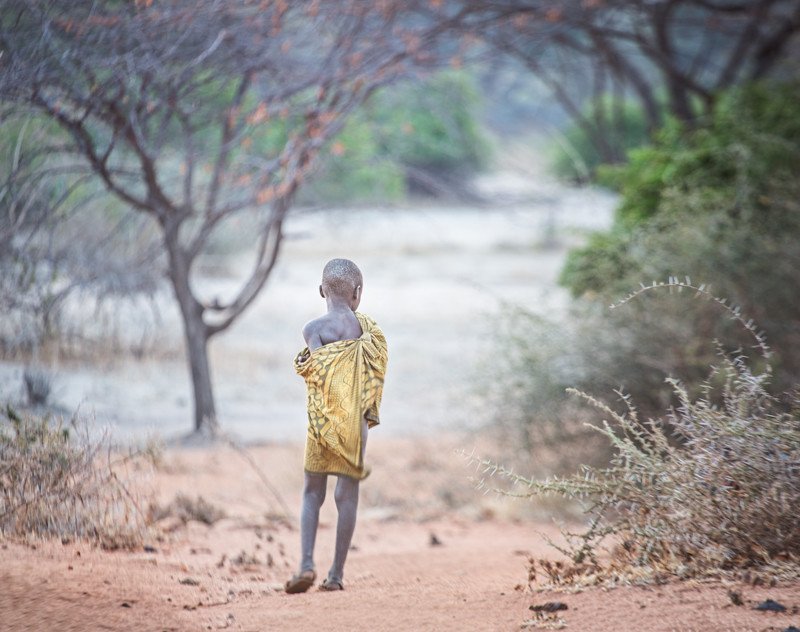
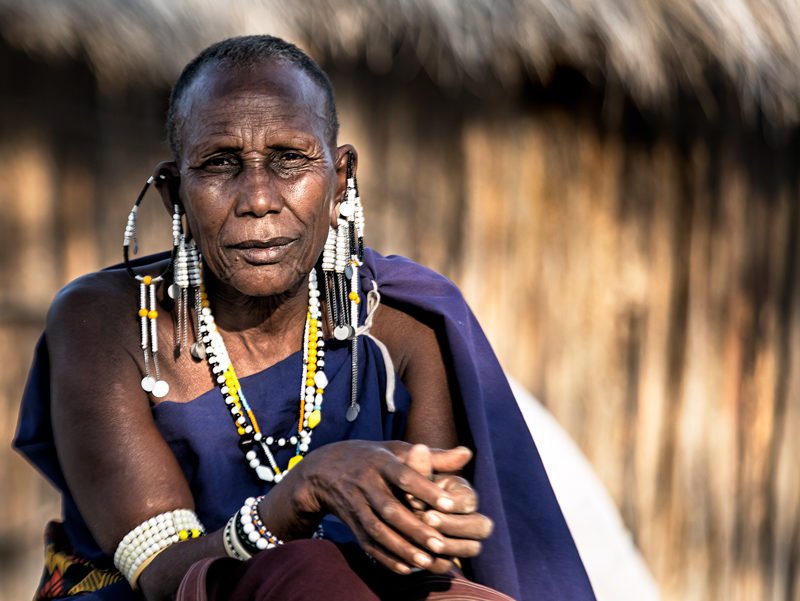
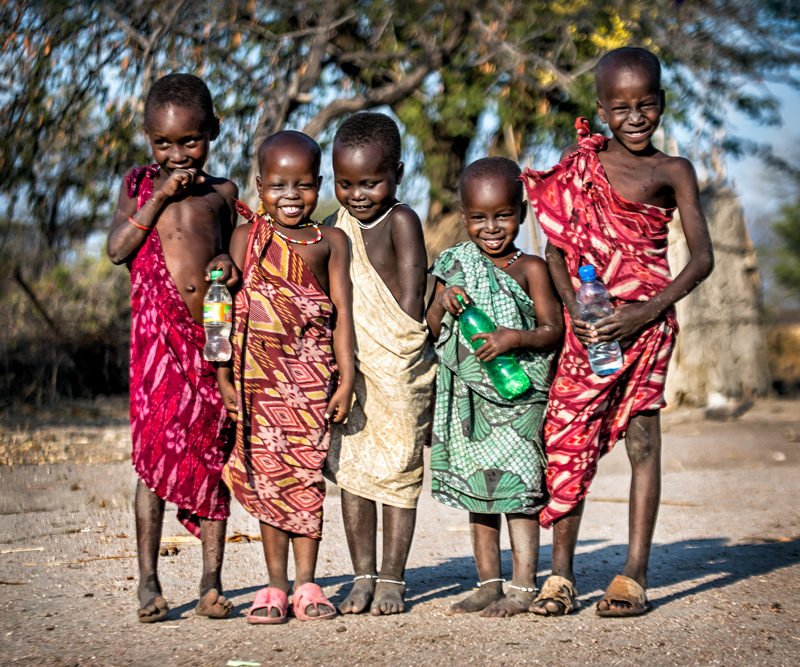
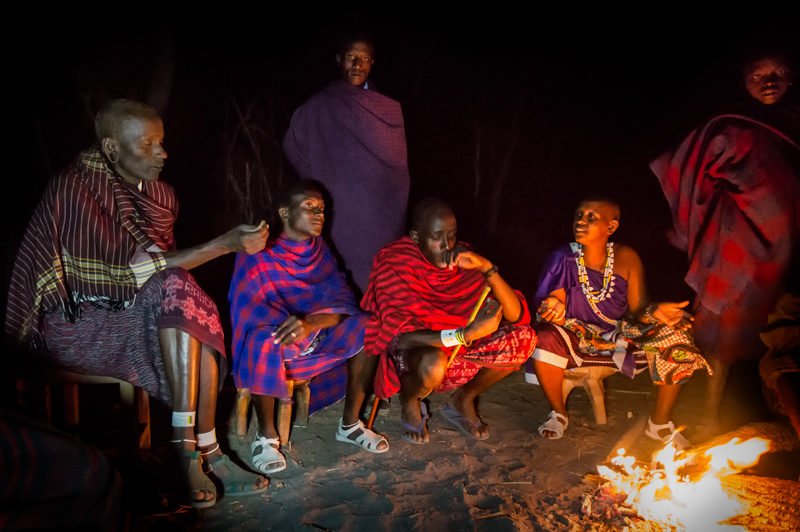
Ruaha cultural tourism, the program is focused on village-based tourism projects aimed to generate income for local community members and fund community development projects. Near Tungamalenga Village there are three Maasai Bomas managed jointly by Ruaha cultural tourism organization and Chogela Camp. After being impressed by conservation efforts at camp, we have decided to continue on our adventures and spend a few days more days with Maasai tribe.
Maasai Boma
Our guide and translator was a young tribe member studying tourism at Iringa University, curiously exchanging cultural information with us. To our delight, the tribe went about their daily rituals without paying much attention to us. With permission to document their life, we were able to roam free around the boma, chat with elders, chase kids through the bush, follow cattle herders, observe and participate in their activities without any constraints.
As the night fell, we have gathered by the fire for storytelling and dancing, curiously, I have asked if the dancing and singing was part of a special performance organized for benefit of visitors. The answer was “no” tribe members gather every night to pass their cultural heritage to the younger generation.
As our time at Chogela Camp was coming to an end, we have embarked on a final adventure – an African Safari with Swalehe as our guide.
Ruaha, that ‘other park’ in Tanzania
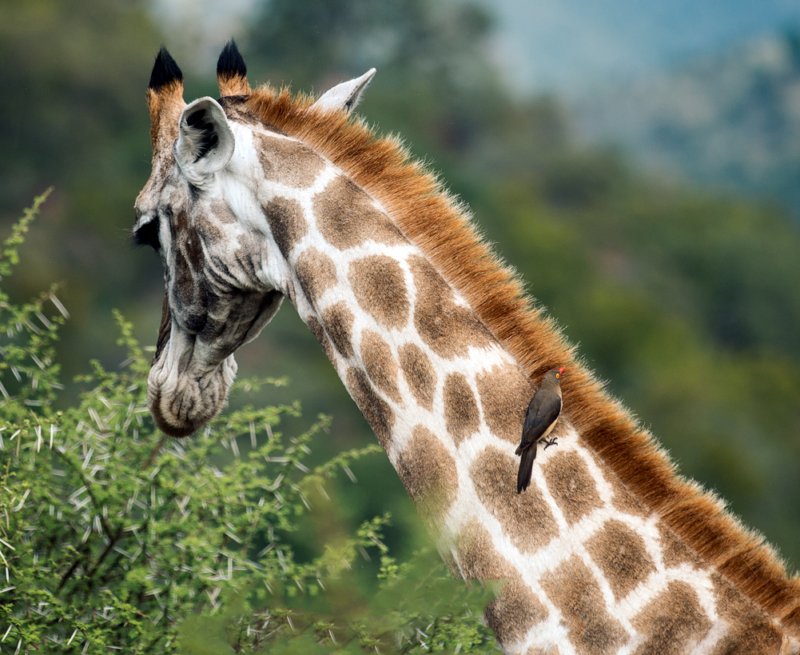
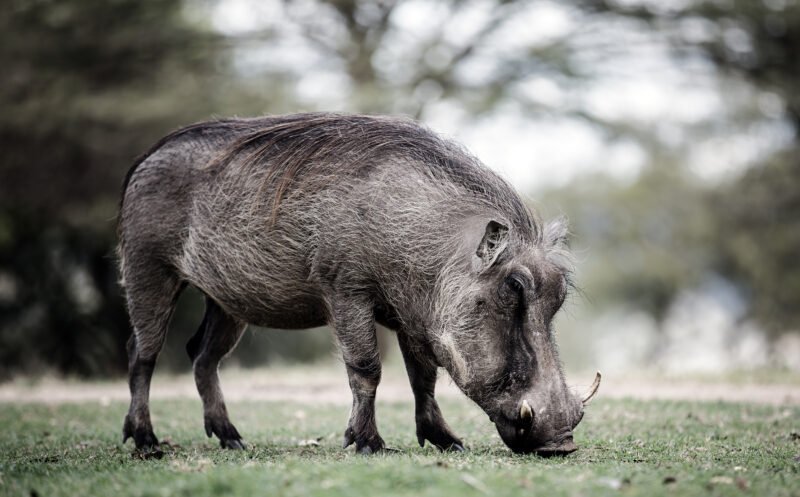
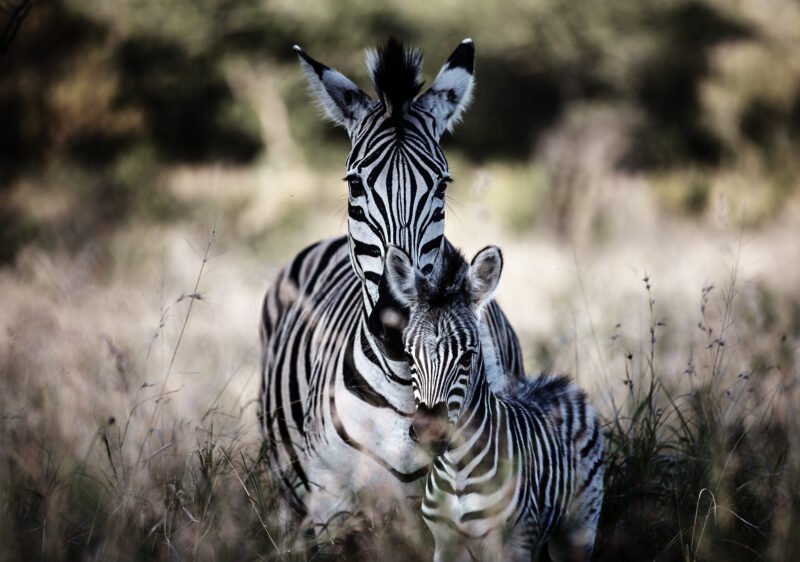
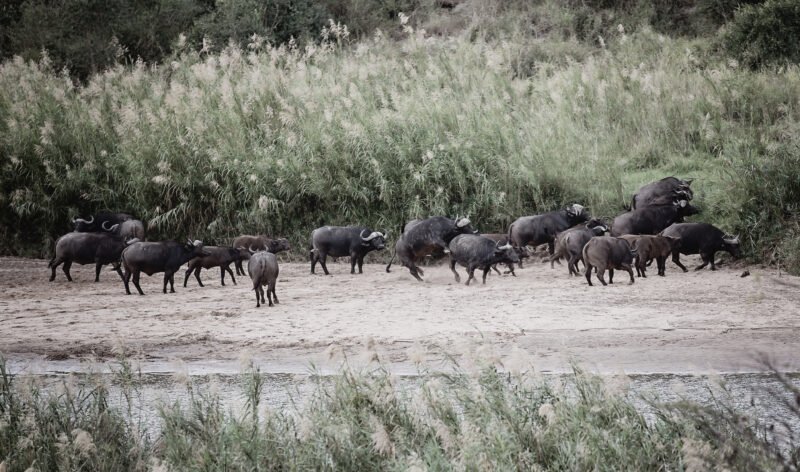
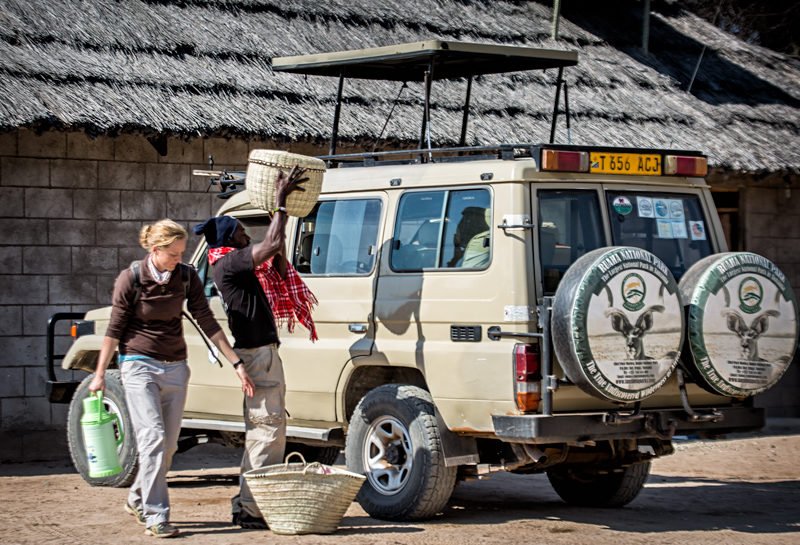
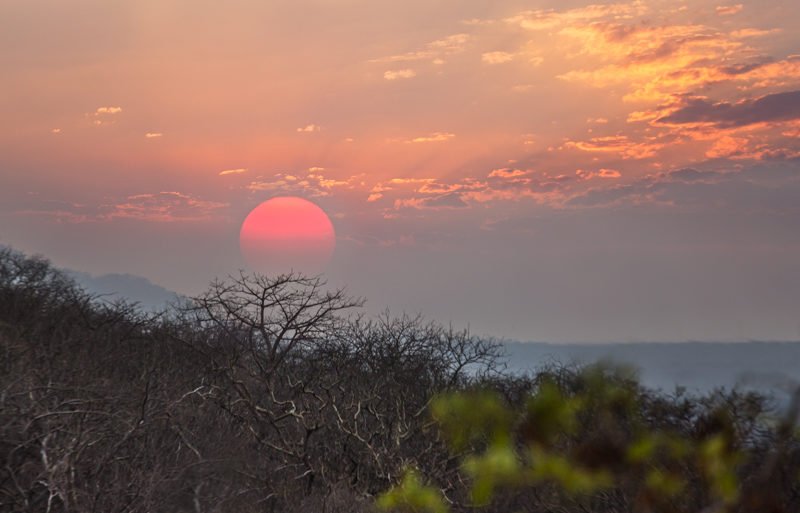
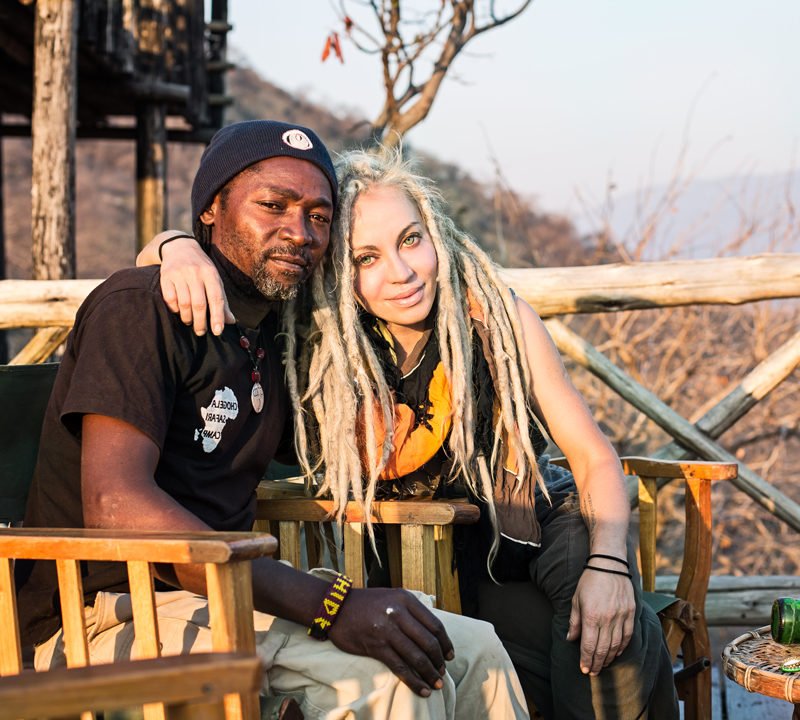
Links | Publications
